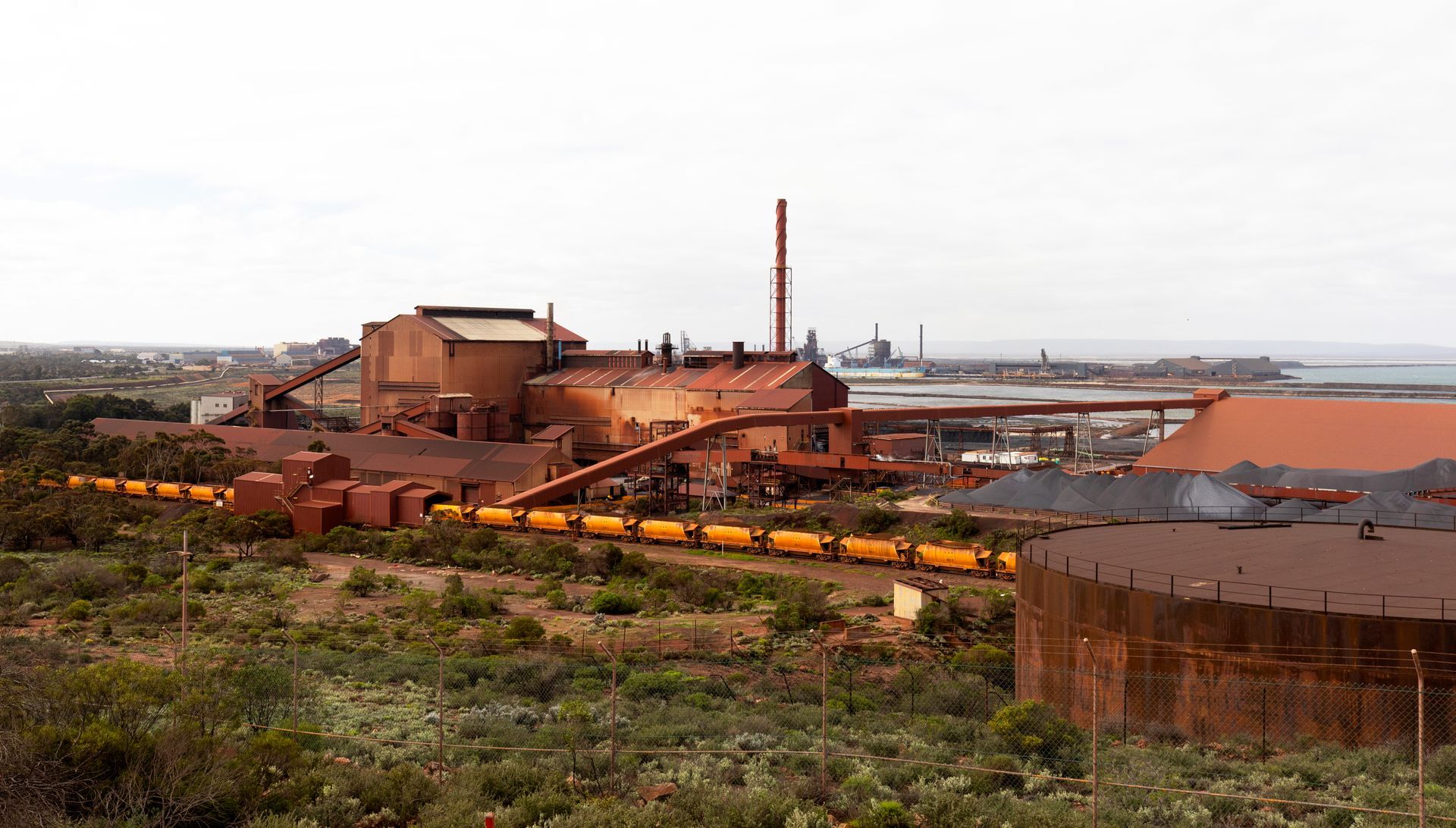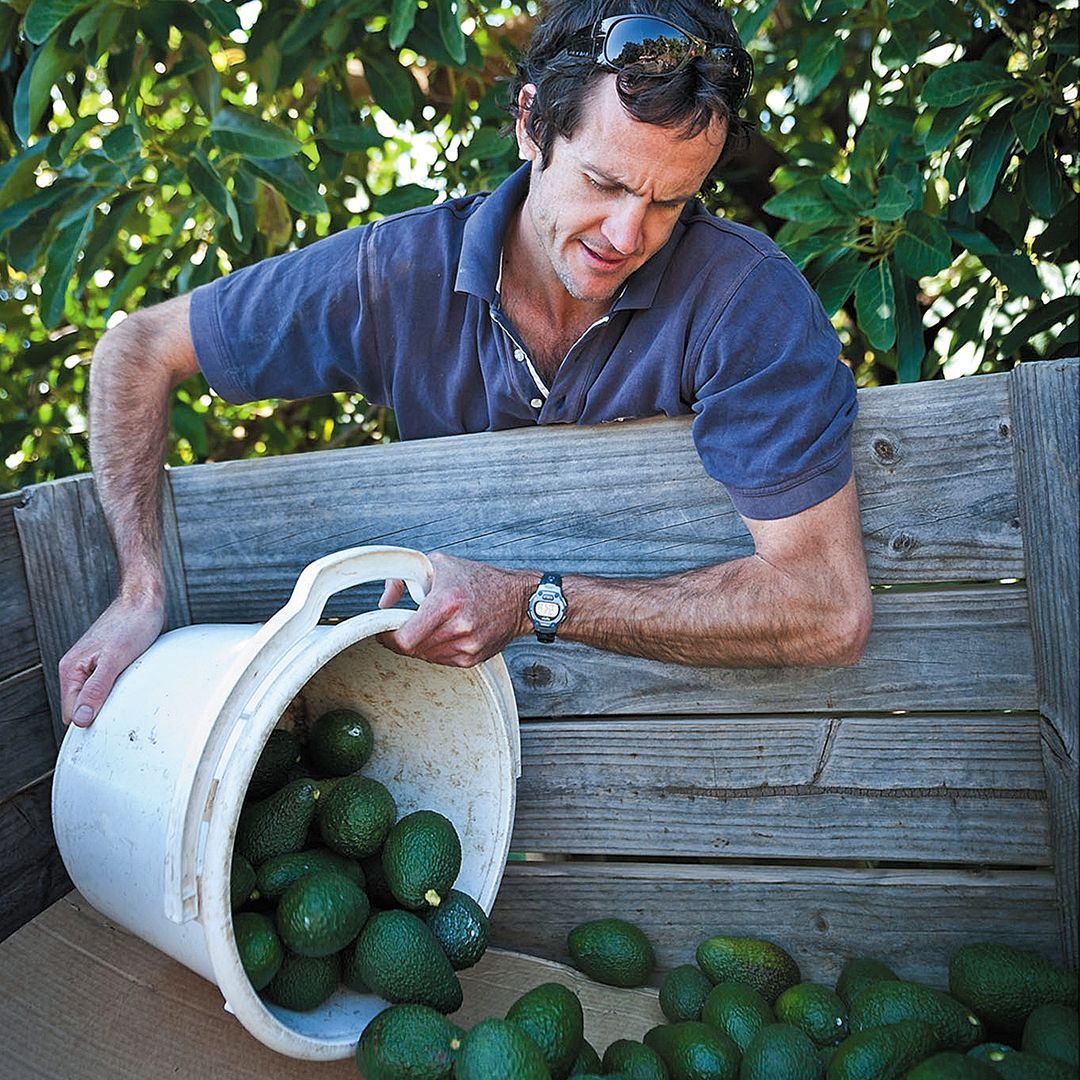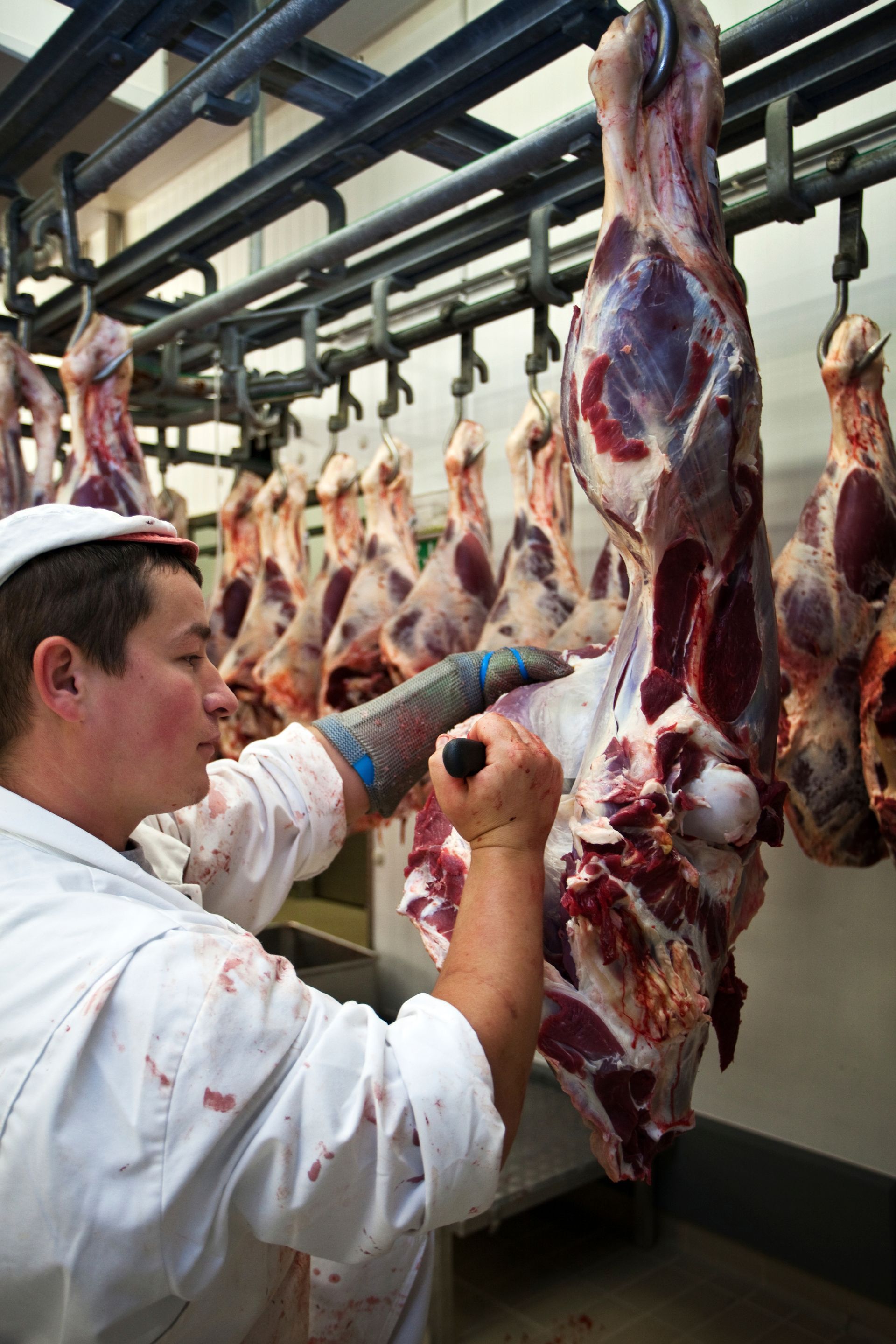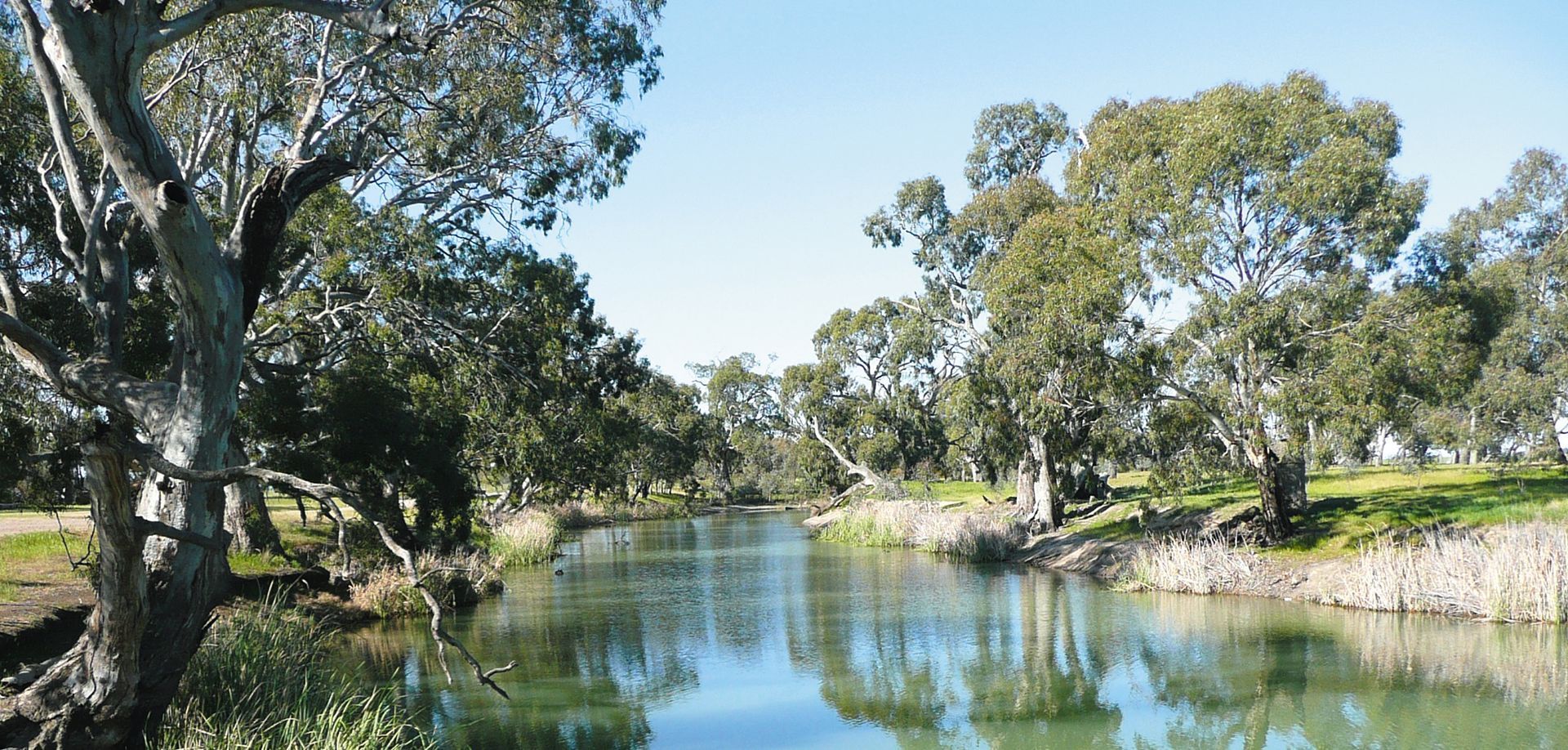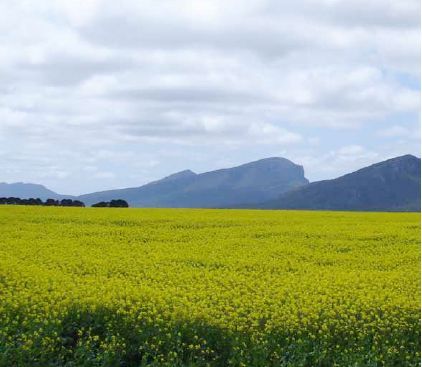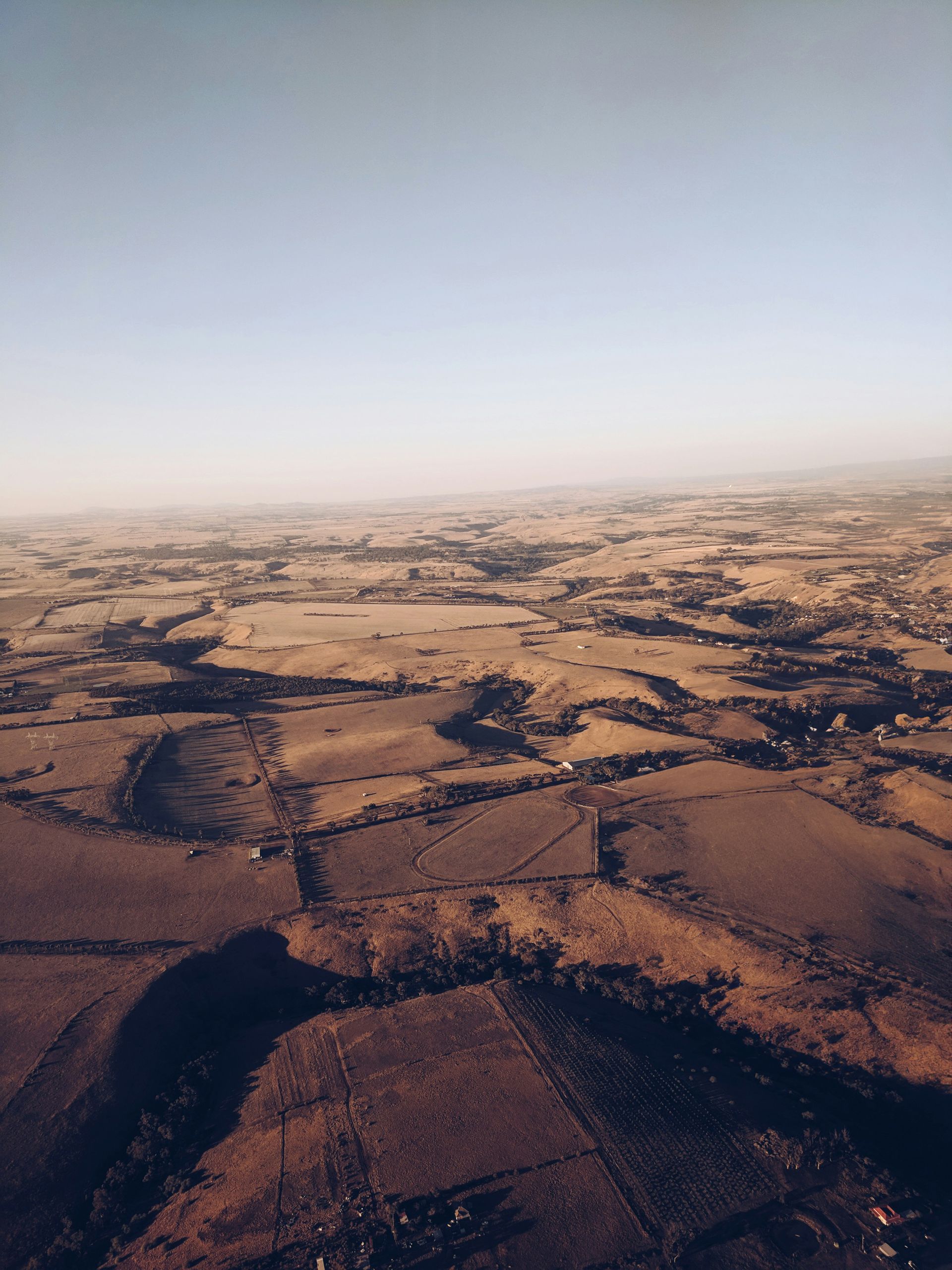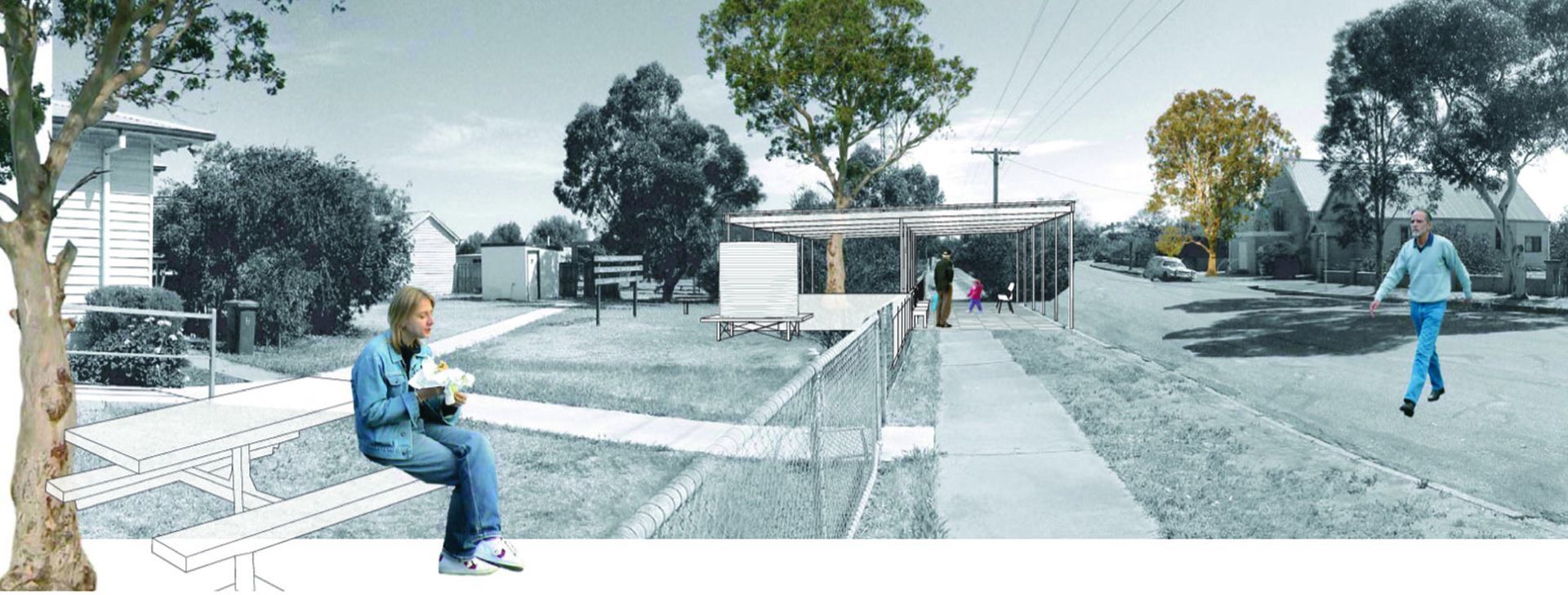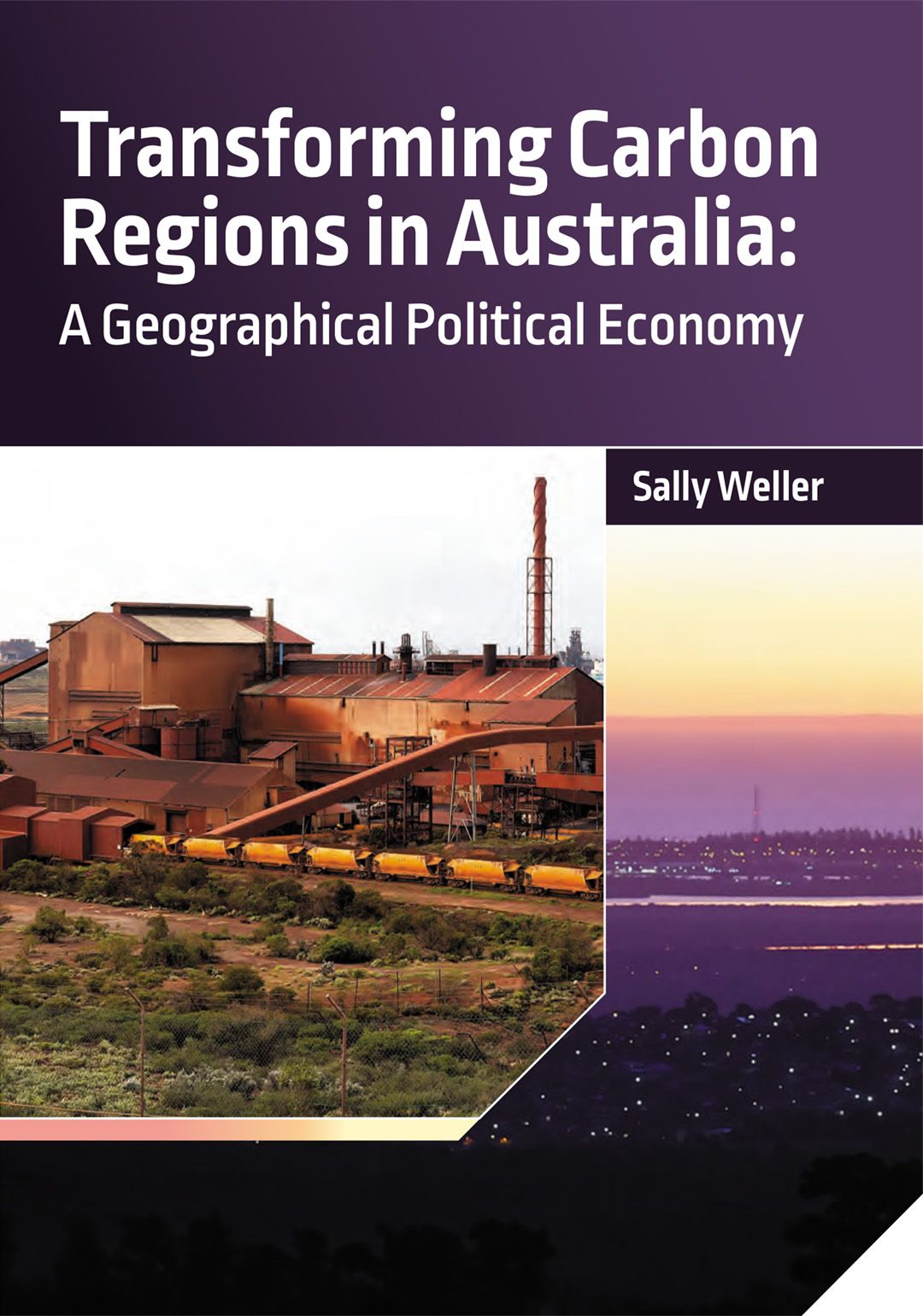
2024
Paperback ISBN:
978-0-9874558-4-0
Paperback: $39.95 (including GST, postage & handling)
eBook download (PDF): $14.95
eBook ISBN: 978-0-9874558-5-7
CHAPTERS
Purchasable Separately ($5.95 ea)
Chapter 1. Introduction: Australia’s Industrial Regions -
BUY
Chapter 2. Legacies of History -
BUY
Chapter 3. Gladstone: Boomtown -
BUY
Chapter 4. Collie: Planning for a Just Transition -
BUY
Chapter 5. Whyalla: A Destiny Shaped Elsewhere -
BUY
Chapter 6. Portland: State-Supported Development -
BUY
Chapter 7. The Latrobe Valley: State Intervention -
BUY
Chapter 8. The Upper Hunter: Jobs versus Climate -
BUY
Chapter 9. Bell Bay: Industry versus Environment -
BUY
Chapter 10. Trajectories and Transitions -
BUY
References - VIEW
How vulnerable carbon-intensive regions outside metropolitan Australia might secure a ‘just’ transition is the focus of this book. It questions the potential for such regions to transform into renewable energy hubs capable of providing quality jobs, and assesses the role of the state in promoting a just transition process. The analysis adopts a geographical political economy perspective to explore how the history of development in seven carbon-intensive locations is shaping contemporary strategies, actors, assets, and market conditions.
The book contains case studies of seven of Australia’s most industrially specialised carbon-intensive regional towns: Gladstone, Collie, Whyalla, Portland, the Latrobe Valley, the Upper Hunter Valley, and the Bell Bay area. As the key centres of the nation’s hydrocarbon network, these places face significant change as the economy moves towards zero carbon. Informed by a geographical political economy framework, the case studies contrast the experiences of these places and seek to understand how their trajectories unfold in the context of wider policy changes. The final chapter uses the geographical political economy framework to draw out the commonalities and challenges revealed by the case studies. The book is highly relevant and appropriate to understand the current debate on regions and the challenges they face in changing from fossil fuel energy to renewable energy producers and its impact on their regional economies and jobs.
Testimonials
“This book examines the future of carbon dependent towns and regions in Australia. It focuses on a demanding set of puzzles for us as citizens, as well as policy makers and societies more generally. After setting up a comprehensive and important political framework, the book examines seven carbon-intensive regions with a series of pressing problems in one of the most environmentally challenged continents in the world. It thus has lessons for all of us. We can learn much from the book and it should be read as a whole or chapter by chapter, whichever suits.”
Peter Fairbrother
PROFESSOR
Better Work and Wellbeing Research Group
Tasmanian School of Business and Economics, University of Tasmania
“Sally Weller brings together a magisterial volume here in terms of assessing the impact of securing a(just) transition for regional and rural communities in Australia. Adopting a case study approach that assess the challenges facing Gladstone, Collie, Whyalla, Portland, the Latrobe Valley, the Upper Hunter, and Bell Bay in Tasmania. Adopting a Geographical Political Economy Approach, Weller makes clear that these communities relied on the state from day one to maintain their viability and that their current lack of agency and resources leaves them vulnerable to the whims of wider global production networks.
The analysis makes clear that market-based approaches will not be sufficient to ensure successful transition and that the state needs to exert a greater influence. As such this is a very timely collection, particularly given the Australian Federal Government’s stated intention to increase efforts in this regard. The book will be particularly suitable for policymakers, academics and others interested in the field and as such I highly recommend it.”
Alex De Ruyter
PROFESSOR
Director, Centre for Brexit Studies
Birmingham City University, UK

